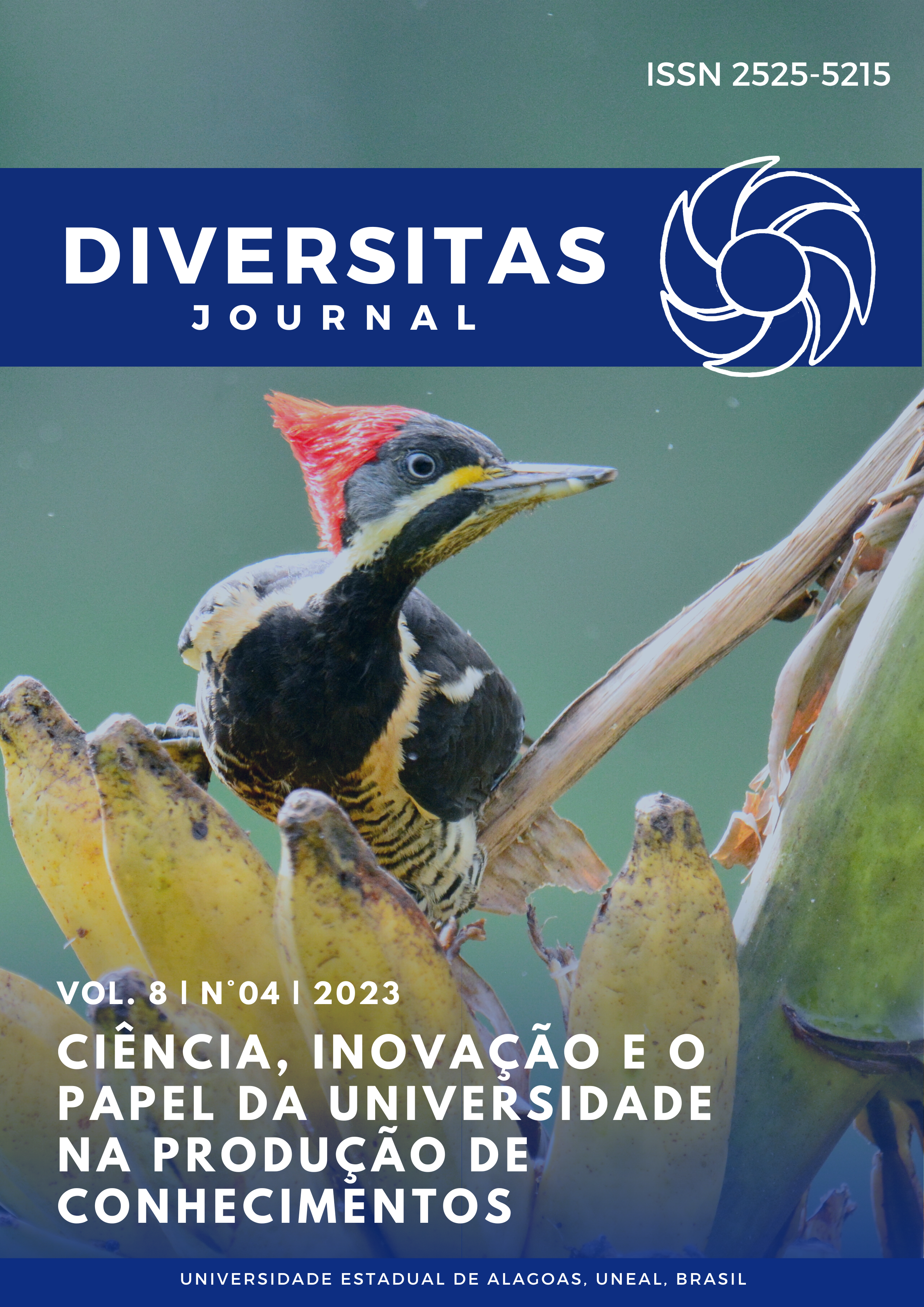Satisfactory, but not enough
Liberalism’s outlooks on the Russian war in Ukraine
DOI:
https://doi.org/10.48017/dj.v8i4.2668Keywords:
Liberalism, International Relations, Russia, Ukraine, Liberal DemocracyAbstract
The Russian war against Ukraine is an attack on liberal values. This essay bases itself on the critical analysis of few selected exponents and defenders of modern liberalism in International Relations, which recently appeared in some media outlets and academic reviews. It critically engages with this International Relations’ theory and offers the advantages and limitations, interpretations, and outlook on it considering the aggression in Ukraine. Most of all, it discusses the advantages – security concerns, principles of ethics, defence of national independence, spread of democracy – and the disadvantages – security threats, fallacy of trade, geopolitical return of Russia, lack of State-level analysis – liberalism’s spectacles entails. Liberalism is convincing in analyzing the facts and has a good theoretical frame for exploring historical and geopolitical events. However, it risks being too naïve and incomplete in its diagnosis.
Metrics
References
Applebaum, Anne (2022). “There is no liberal world order”. From: https://www.theatlantic.com/magazine/archive/2022/05/autocracy-could-destroy-democracy-russia-ukraine/629363/, 31.03.2022.
Brown, Ethan (2022). “Limitations of Liberalism on Display with Ukraine Crisis”. From: https://www.diplomaticourier.com/posts/limitations-of-liberalism-on-display-with-ukraine-crisis, 25.02.2022.
Doyle, Michael (1986). “Liberalism and World Politics”. American Political Science Review, Vol. 80, Num. 4, pp. 1151-1169, DOI: https://doi.org/10.2307/1960861.
Fukuyama, Francis (2022a). “Putin’s war on the liberal order”. From: https://www.ft.com/content/d0331b51-5d0e-4132-9f97-c3f41c7d75b3, 04.03.2022.
Fukuyama, Francis (2022b). “Why Ukraine Will Win”. From: https://www.journalofdemocracy.org/why-ukraine-will-win/, 09.2022.
Gasparini, Amedeo (2021). “Do not forget the Crimean crisis: why Russia ‘Annexed’ the Peninsula? A (pro-) Western-European perception”. Global Affairs, Vol. 7, Num. 3, pp. 405-410, DOI: https://doi.org/10.1080/23340460.2021.1948800.
Keohane, Robert; Martin, Lisa (2003). “Institutional Theory as a Research Program” in Elman, Colin; Fendius Colin, Miriam (Eds.). Progress in International Relations Theory. Cambridge: MIT, pp. 71-107.
Kramer, David J. (2022). “Defeating Putin in Ukraine Is Vital to the Future of Democracy”. From: https://www.journalofdemocracy.org/defeating-putin-in-ukraine-is-vital-to-the-future-of-democracy/, 05.2022.
Makarychev, Andrey (2022). “Russia’s War in Ukraine: A Clash of Two Philosophies of Power”. From: https://carnegieeurope.eu/strategiceurope/86666, 17.03.2022.
Mearsheimer, John J. (2014). “Why the Ukraine Crisis Is the West’s Fault: The Liberal Delusions That Provoked Putin”. From: https://www.foreignaffairs.com/articles/russia-fsu/2014-08-18/why-ukraine-crisis-west-s-fault, 09/10.2014.
Mulligan, William (2022). “Erosions, Ruptures, and the Ending of International Orders: Putin’s Invasion of Ukraine in Historical Perspective”. Society, Vol. 59, pp. 259-267, DOI: https://doi.org/10.1007/s12115-022-00715-x.
Person, Robert; McFaul, Michael (2022). “What Putin Fears Most”. From: https://www.journalofdemocracy.org/what-putin-fears-most/, 22.02.2022.
Stoner, Kathryn (2022). “How Putin’s War in Ukraine Has Ruined Russia”. Journal of Democracy, Vol. 33, Num. 3, pp. 38-44.
Temby, Owen (2015). “What are levels of analysis and what do they contribute to international relations theory?”. Cambridge Review of International Affairs, Vol. 28, Num. 4, pp. 721-742, https://doi.org/10.1080/09557571.2013.831032.
Trachtenberg, Marc (2021). “The United States and the NATO Non-extension Assurances of 1990: New Light on an Old Problem?”. International Security, Vol. 45, Num. 3, pp. 162-203, DOI: https://doi.org/10.1162/isec_a_00395.
Trenin, Dmitri (2021). “What Putin Really Wants in Ukraine: Russia Seeks to Stop NATO’s Expansion, Not to Annex More Territory”. From: https://www.foreignaffairs.com/articles/russia-fsu/2021-12-28/what-putin-really-wants-ukraine, 28.12.2022.
Walt, Stephen M. (2022). “Liberal Illusions Caused the Ukraine Crisis”. From: https://foreignpolicy.com/2022/01/19/ukraine-russia-nato-crisis-liberal-illusions/, 19.01.2022.
Waltz, Kenneth N. (2018 [1959]). Man, the State, and War. New York: Columbia University Press.
Way, Lucan A. (2022). “The Rebirth of the Liberal World Order?”. From: https://www.journalofdemocracy.org/the-rebirth-of-the-liberal-world-order/, 21.03.2022.
Zakaria, Fareed (2022). “Putin’s war reminds us why liberal democracy is worth defending”. From: https://www.washingtonpost.com/opinions/2022/02/24/putin-invasion-ukraine-shows-why-liberal-democracy-worth-defending/, 24.02.2022.
Downloads
Published
How to Cite
Issue
Section
License
Copyright (c) 2023 Amedeo Gasparini

This work is licensed under a Creative Commons Attribution 4.0 International License.
The Diversitas Journal expresses that the articles are the sole responsibility of the Authors, who are familiar with Brazilian and international legislation.
Articles are peer-reviewed and care should be taken to warn of the possible incidence of plagiarism. However, plagiarism is an indisputable action by the authors.
The violation of copyright is a crime, provided for in article 184 of the Brazilian Penal Code: “Art. 184 Violating copyright and related rights: Penalty - detention, from 3 (three) months to 1 (one) year, or fine. § 1 If the violation consists of total or partial reproduction, for the purpose of direct or indirect profit, by any means or process, of intellectual work, interpretation, performance or phonogram, without the express authorization of the author, the performer, the producer , as the case may be, or whoever represents them: Penalty - imprisonment, from 2 (two) to 4 (four) years, and a fine. ”


















